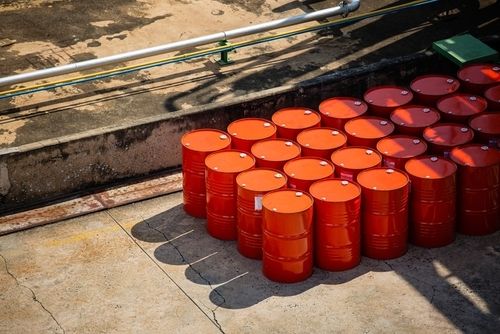
Oil prices remain steady at high levels, supported by Middle East tensions.
The market is fearing a war escalation that would disrupt global supply and boost Crude prices.
Iran is also considering blocking the key Strait of Hormuz, which would boost the price of Oil.
Crude Oil retreated from five-month highs at the $7750 area in the early Asian session, but downside attempts have been capped right above $73.00. Price action has returned above $74.50 during the European morning, as the risks of a severe oil supply stemming from the Middle East conflict remain high.
Iranian officials have threatened to block the Strait of Hormuz, a gateway for about a fifth of the world’s Oil supply, which might boost prices to $120-$130 per barrel, according to market sources.
Tehran has also threatened with severe consequences and proposed a bill to halt its collaboration with the International Atomic Energy Agency (IAEA). The world holds its breath to avoid a large-scale conflict in an already volatile region, and, in this context, the only way is up for Crude prices.
The US pounded several key nuclear facilities in Iran. Trump affirmed that the mission was a success in what he presented as a one-off action, but Israel's Prime Minister, Benjamin Netanyahu, said that the nuclear risk has not been eliminated, as the crucial Fordow underground plant was not damaged.
All in all, the Price of the US benchmark WTI remains buoyed, after having rallied nearly 20% from the late-May range: Downside attempts remain limited, and the year-to-date high, at $79.60, is coming into focus.
* The content presented above, whether from a third party or not, is considered as general advice only. This article should not be construed as containing investment advice, investment recommendations, an offer of or solicitation for any transactions in financial instruments.

